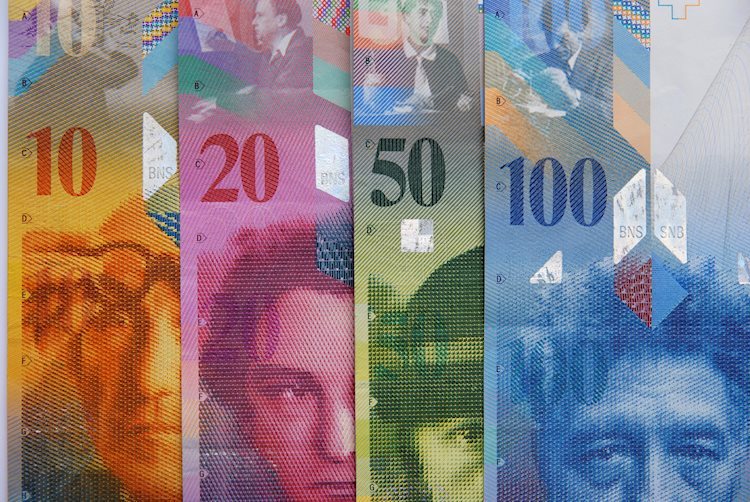The USD/CHF pair has halted its winning streak as it currently trades around 0.8890 during the Asian session on Tuesday. Traders are anticipating a possible rate cut by the Federal Reserve (Fed) in September, putting pressure on the US Dollar (USD). Recent comments from Fed Chair Jerome Powell and Federal Reserve Bank of New York President John Williams hint at the possibility of interest rate cuts to meet inflation targets. This news has contributed to the depreciation of USD/CHF.
On the political front, Vice President Kamala Harris has gained endorsements from a majority of the Democratic Party’s pledged convention delegates, as projected by NBC News. This boosts her position as a leading candidate for the presidential nomination. The threshold for securing the nomination is 1,976 delegates, and it is estimated that Harris has received support from 1,992 delegates.
Traders are also keeping an eye on the Swiss Franc (CHF) as the Swiss National Bank (SNB) may consider further interest rate cuts in September. This potential rate cut is driven by subdued inflationary pressures and the CHF’s resilience. Analysts predict that the SNB may implement a third rate cut in the next quarter, with a potential fourth cut in December if the need for restrictive monetary policy persists.
The Swiss Franc (CHF) is Switzerland’s official currency and is among the most traded currencies globally. It was pegged to the Euro (EUR) from 2011 to 2015, resulting in a significant increase in its value when the peg was removed. The CHF is considered a safe-haven asset due to Switzerland’s stable economy, strong export sector, and political neutrality, making it an attractive choice for investors during times of market stress.
The Swiss National Bank (SNB) meets quarterly to decide on monetary policy, aiming for an annual inflation rate of less than 2%. Higher interest rates are generally positive for the Swiss Franc (CHF) as they attract investors seeking higher yields. However, lower interest rates can weaken the CHF. Macroeconomic data releases in Switzerland play a crucial role in assessing the economy and influencing the CHF’s valuation.
Switzerland’s economy is closely linked to the European Union, with the Eurozone being its main economic partner. As a result, stability in the Eurozone is essential for Switzerland and the Swiss Franc (CHF). Economic indicators such as growth, inflation, and monetary policy in the Eurozone can impact the CHF. Some models suggest a strong correlation between the fortunes of the Euro (EUR) and the CHF, highlighting the importance of Eurozone stability for the Swiss economy.











